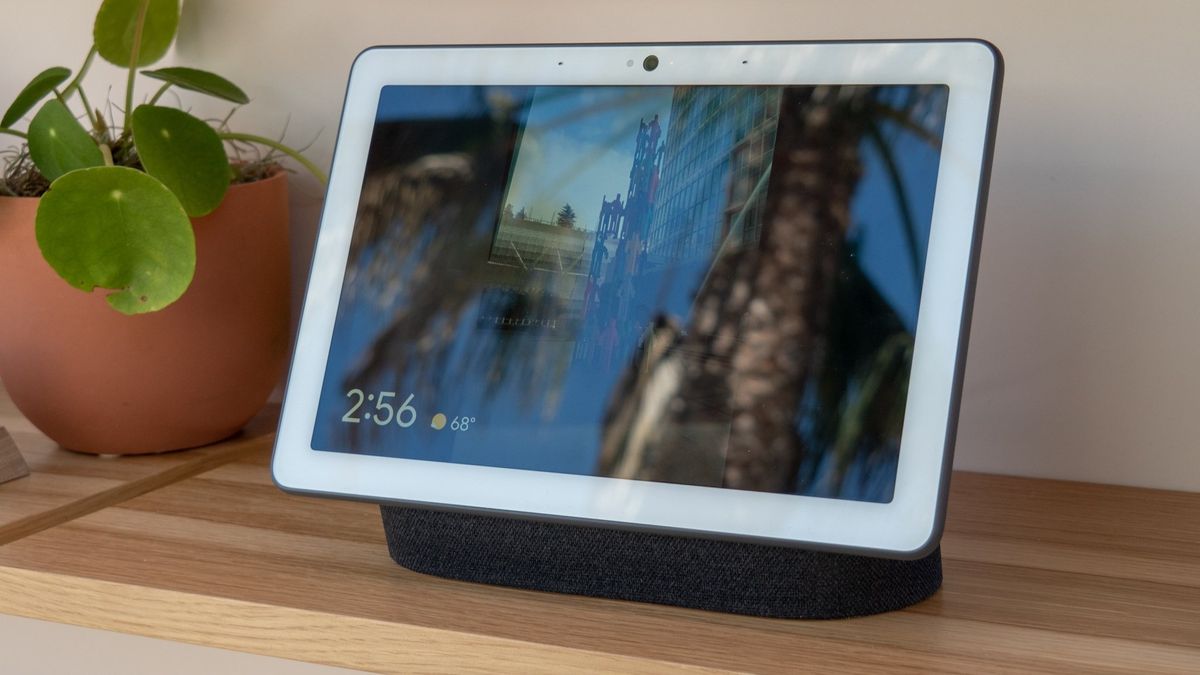Transitioning from Google Assistant to Gemini Could Spell Trouble for Nest Speakers and Displays

The Future of Google Home and Nest Devices: A Cause for Concern
The fate of Google Home and Nest speakers and displays appears uncertain, especially in light of recent changes to Google Assistant. As Google concentrates on developing Gemini, its advanced AI-based assistant, notable features of Google Assistant are gradually being phased out. This week, Google announced the removal of seven additional features, following the loss of 18 features at the beginning of 2024.
Declining Functionality of Google Assistant
A Shadow of Its Former Self
Google Assistant is now missing many features that made it attractive, particularly for smart home users. While smartphones and tablets can still utilize Assistant extensions, which help to fill the gap when Gemini underperforms, this is not the case for Nest devices. The current smart displays, such as the second-generation Nest Hub and Nest Hub Max, have not received updates since 2021. The Google Nest Mini smart speaker has not seen any upgrades since 2019, leaving these older devices on shaky ground.
Impact on Older Devices
The aging hardware of Google Nest speakers and displays often leads to sluggish performance and malfunctions. For example, earlier this year, a bug caused Nest devices to become unresponsive to basic voice commands, and users had to wait weeks for a fix. Users could previously rely on Google Assistant for crucial updates, but with many functionalities being removed, it becomes harder to justify the investment in Nest products.
Current Feature Removals
Among the features recently removed are the ability to change photo frame settings or ambient screen settings using voice commands. While users can still make these adjustments manually, this contradicts the main advantage of having voice-controlled devices. Other removed features include daily weather updates and the ability to ask about or share photos, which leaves Nest devices lacking not only new capabilities but also basic functionalities.
The Transition to Gemini
Expectations Surrounding Gemini
Many users are eagerly anticipating the continued development of Gemini, which is expected to enhance Google’s virtual assistant capabilities, especially on mobile devices. However, skepticism arises regarding its integration with existing Nest products. It is doubtful whether older devices will be able to support a more advanced assistant like Gemini, potentially leading to diminished functionality.
Concerns for Future Nest Products
There are fears that the transition to Gemini may further reduce the usability of existing Nest smart home products. If newer hardware is developed to accommodate Gemini, it’s likely to be priced higher, making it less accessible for consumers. Historically, deployed devices such as the Nest Mini and Nest Hub were affordable, which attracted many users. However, the introduction of more powerful, premium-priced devices could alienate the mass-market audience that initially embraced the Nest brand.
Google’s Strategy Regarding Smart Home Devices
The Need for Updates
Google has set a precedent with products like Google TV, which reflect the ongoing transition towards incorporating AI technology into its offerings. However, this strategy raises questions about the future of existing Nest devices. While upgrading them may result in better performance and functionality, introducing a more premium line could shift the perception of the Nest brand from affordable to expensive.
Balancing Innovation and Accessibility
Google faces the challenge of balancing innovation with accessibility. As it develops Gemini, the company must consider how to continue supporting existing Nest products without leaving them behind. Neglecting to update older speakers and displays would risk diminishing their appeal and usefulness.
As Google works on enhancing its virtual assistant and smart home ecosystem, the way forward should include a thoughtful approach to existing Nest devices. Integrating advanced capabilities while maintaining affordability would ensure that Google continues to meet the needs of its diverse user base.






